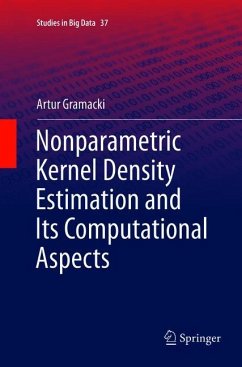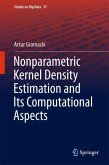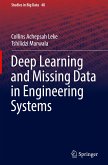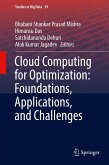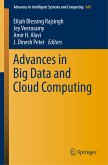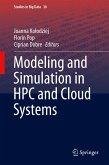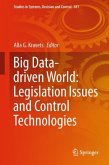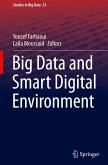This book describes computational problems related to kernel density estimation (KDE) - one of the most important and widely used data smoothing techniques. A very detailed description of novel FFT-based algorithms for both KDE computations and bandwidth selection are presented.
The theory of KDE appears to have matured and is now well developed and understood. However, there is not much progress observed in terms of performance improvements. This book is an attempt to remedy this.
The book primarily addresses researchers and advanced graduate or postgraduate students who are interested in KDE and its computational aspects. The book contains both some background and much more sophisticated material, hence also more experienced researchers in the KDE area may find it interesting.
The presented material is richly illustrated with many numerical examples using both artificial and real datasets. Also, a number of practical applications related to KDE are presented.
The theory of KDE appears to have matured and is now well developed and understood. However, there is not much progress observed in terms of performance improvements. This book is an attempt to remedy this.
The book primarily addresses researchers and advanced graduate or postgraduate students who are interested in KDE and its computational aspects. The book contains both some background and much more sophisticated material, hence also more experienced researchers in the KDE area may find it interesting.
The presented material is richly illustrated with many numerical examples using both artificial and real datasets. Also, a number of practical applications related to KDE are presented.

